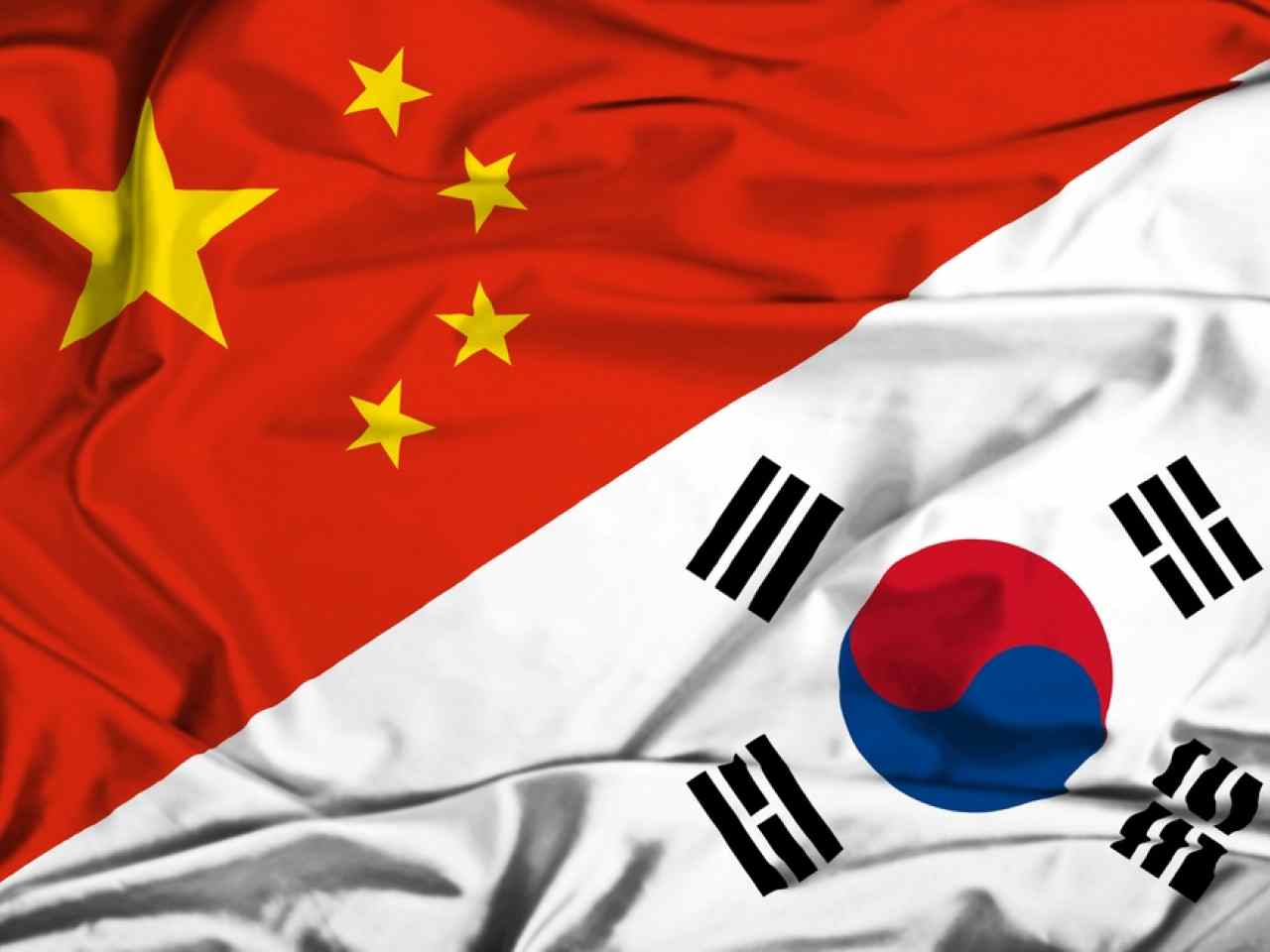


The Chinese public and media outlets have called for “rational patriotism” to address the intensifying dispute over South Korea’s deployment of THAAD, as recent “vulgar and disruptive” anti-Korean protests have damaged the country’s image.
While some protests have been orderly, others are being carried out by companies and individuals for the purpose of self-promotion, including video clips recording the vandalism of a Korean supermarket and music videos containing coarse expressions.
In a 49-second viral video released on March 11, a Chinese woman crushed instant noodle packs and drank a beverage without paying for it in a Korean Lotte Mart supermarket. In another music video, internet celebrity Muyalan, who has over 4.5 million followers on Sina Weibo, performed a rap song intended to humiliate Lotte, though the video ironically featured a Korean song playing in the background.
Though both videos had been deleted as of press time, such uncivilized behavior has irritated many Chinese citizens, with some condemning the performers as “shameful and irrational,” questioning their motives for releasing the damaging, inflammatory videos.
“It’s natural to express our discontent over South Korea’s deployment of THAAD, as it is a great threat to our national security, which matters for every Chinese person. But such uneducated and irrational protests should be banned, as they can only make things worse and damage China’s image,” Chen Yao (pseudonym), a PhD fellow specializing in media and public affairs at the Communication University of China, told People’s Daily Online.
Chen’s belief is shared by the majority of Chinese people, who espouse the hope that patriotism can be expressed in a rational and civilized way.
“I hope such obnoxious videos will not spread to South Korea, or people there may think all Chinese citizens feel hostile toward them, which is not true,” one netizen wrote on Sina Weibo.
Chinese media outlets also chimed in to criticize the protests. In an editorial published on March 14, the Global Times criticized the protesters as “people who want to promote their own popularity by capitalizing on political issues,” adding that such behaviors do not represent the larger Chinese public’s attitude toward South Korea.
“Most Chinese citizens want to peacefully express their discontent over the deployment of THAAD. They neither accept South Korea’s explanation nor approve of extreme statements against the country,” the article stated.
 Fire brigade in Shanghai holds group wedding
Fire brigade in Shanghai holds group wedding Tourists enjoy ice sculptures in Datan Town, north China
Tourists enjoy ice sculptures in Datan Town, north China Sunset scenery of Dayan Pagoda in Xi'an
Sunset scenery of Dayan Pagoda in Xi'an Tourists have fun at scenic spot in Nanlong Town, NW China
Tourists have fun at scenic spot in Nanlong Town, NW China Harbin attracts tourists by making best use of ice in winter
Harbin attracts tourists by making best use of ice in winter In pics: FIS Alpine Ski Women's World Cup Slalom
In pics: FIS Alpine Ski Women's World Cup Slalom Black-necked cranes rest at reservoir in Lhunzhub County, Lhasa
Black-necked cranes rest at reservoir in Lhunzhub County, Lhasa China's FAST telescope will be available to foreign scientists in April
China's FAST telescope will be available to foreign scientists in April "She power" plays indispensable role in poverty alleviation
"She power" plays indispensable role in poverty alleviation Top 10 world news events of People's Daily in 2020
Top 10 world news events of People's Daily in 2020 Top 10 China news events of People's Daily in 2020
Top 10 China news events of People's Daily in 2020 Top 10 media buzzwords of 2020
Top 10 media buzzwords of 2020 Year-ender:10 major tourism stories of 2020
Year-ender:10 major tourism stories of 2020 No interference in Venezuelan issues
No interference in Venezuelan issues
 Biz prepares for trade spat
Biz prepares for trade spat
 Broadcasting Continent
Broadcasting Continent Australia wins Chinese CEOs as US loses
Australia wins Chinese CEOs as US loses